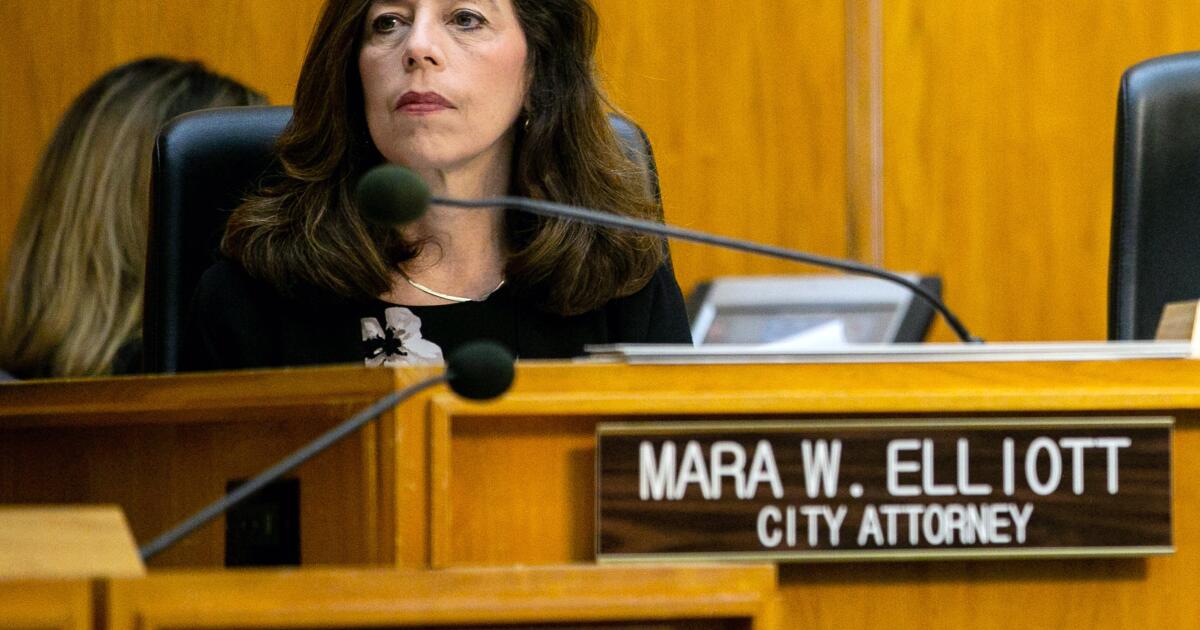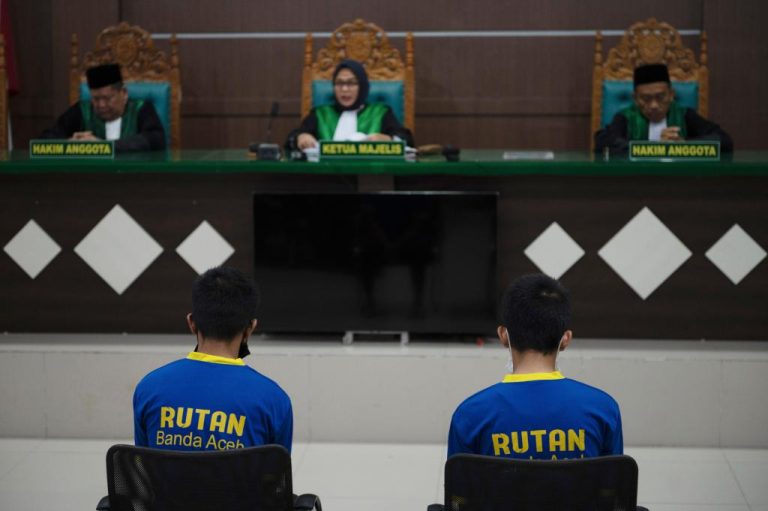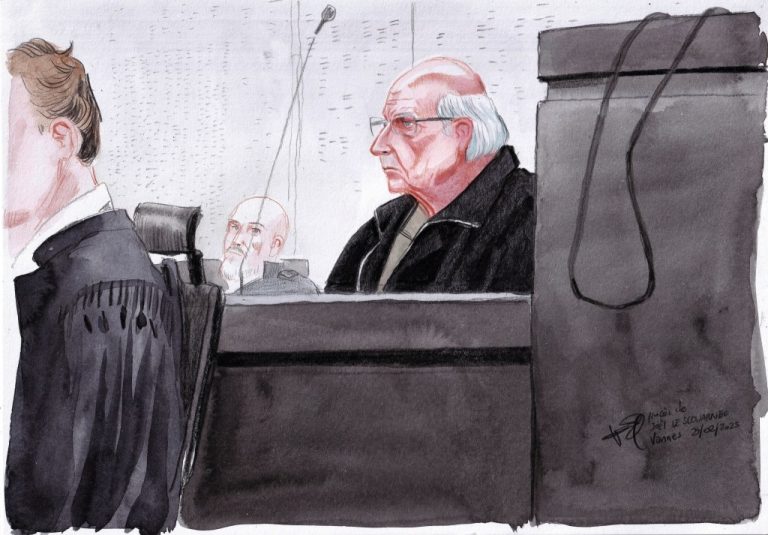

San Diego City Council members rejected a proposal Wednesday to make the city auditor an elected position instead of one appointed by the council.
The council’s Rules Committee chose not to pursue a ballot measure proposed by City Attorney Mara Elliott, who said San Diego’s appointed city attorney is not adequately independent or responsive to the public.
She said the council has too much influence over the auditor, noting that there have been no audits focused on the council since the job was created 16 years ago in response to San Diego’s pension scandal.
“Under the current model, the council occupies two of five seats on the Audit Committee, appoints the auditor to an initial five-year term, determines whether to extend the auditor’s appointment by an additional five-year term, sets the auditor’s salary, sets the auditor’s budget and determines whether he should be terminated,” Elliott said.
An elected auditor, she said, would be motivated to communicate directly with the public and to respond directly to their needs and requests. Now, she argued, the auditor focuses on making the council happy.
“We believe this structure compromises the auditor’s independence and erodes the public’s trust,” Elliott said. “Excluding the legislative branch from audits creates an accountability loophole. It also means audits are vulnerable to being driven by the council members assigned to the Audit Committee.”
Critics of the proposal to make the job elected said it could lead to more politically motivated audits, make campaign contributions a factor in how audits are handled and lessen scrutiny of the auditor’s qualifications.
In 2020, city voters amended the city charter to remove the mayor from the process of appointing the city auditor, leaving the decision entirely with the council.
In the March primary, city voters will be asked to allow the auditor to have its own legal counsel, instead of requiring that office to use the city attorney.
Andy Hanau, the city’s current auditor, said last year that his office only expects to seek outside lawyers when using the City Attorney’s Office may present a conflict of interest. Hanau said he expects to spend up to $180,000 a year on independent attorneys.
Councilmember Raul Campillo endorsed Elliott’s proposal Wednesday.
“There is no clear-cut way to do this, but I believe the city attorney’s recommendations and suggestions are well-founded,” he said.
But no other members of the Rules Committee expressed support.
Councilmember Joe LaCava said the independence of the city auditor will always depend on the approach taken by the individual who holds the job, not the process the city uses to select that person.
He also said the existing system helps the council, the city’s policy makers, better understand how the mayor is handling city operations.
“I see the Audit Committee as a way to pierce the veil of the executive branch and the operations branch in a way that we don’t have the bandwidth to do,” he said.
The city’s independent budget analyst said there are pros and cons on both sides of the argument, contending that either approach is a viable option.
Elliott noted that Los Angeles, Oakland, Long Beach and some other cities have elected city auditors.
But Amanda Noble, Atlanta’s city auditor and chair of the Association of Local Auditors’ advocacy committee, said only about 11 percent of auditors for public agencies are elected.
Noble also noted that Hanau has gotten high marks in recent peer reviews.
“The current structure in San Diego is independent, and it’s very effective,” Noble said.
The committee also rejected a second, less aggressive proposal from Elliott. As an alternative to having the auditor elected, Elliott also proposed removing council members from the Audit Committee and allowing the committee to appoint and oversee the auditor.
Hanau declined to comment Wednesday on Elliott’s proposals.






